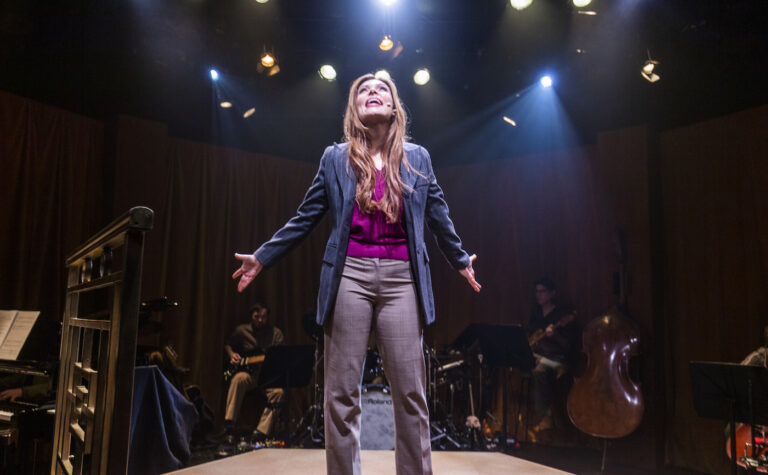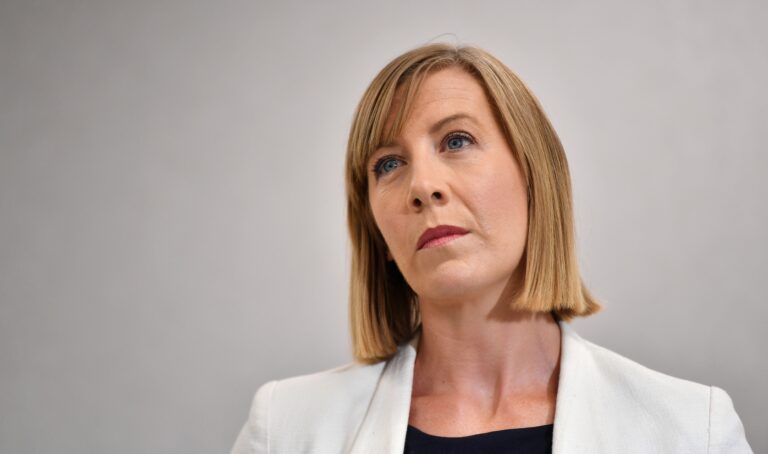
The whistleblower punished for exposing war crimes
BY ANNETTE MAGUIRE
The case of Bradley Manning highlights the penalties faced by whistleblowers worldwide, including in Australia.
The 23 year-old former US Army intelligence analyst is the alleged source of the momentous WikiLeaks disclosures, that exposed extensive US war crimes and enraged the US Government.
Despite laws intended to protect those who expose abuses of power, protection proves elusive and punishment is the norm, echoing aspects of Manning’s predicament.
Bradley Manning has not been convicted of any offence, yet he has spent the past 10 months detained in solitary confinement by the US military. President Obama, upon his election, pledged to “strengthen whistleblower laws” and “empower federal employees as watchdogs of wrongdoing.” Two years later, no protection has been available to Manning for allegedly engaging in this “watchdog” role.
According to Wendy Bacon, Professor of Journalism at the University of Technology Sydney, “assuming he actually did it, he’s a classic whistleblower, in that he tried to do something about what he believed to be both illegal and wrong. The authorities failed to respond, so he took public action.”
In consequence, Manning is in solitary confinement, kept in his cell for 23 hours of every day. Despite being a model detainee since his arrest, he continues to be held in maximum custody, combined with additional restrictions.
Inside his cell, Manning’s activities are heavily restricted, and under constant surveillance. He is barred even from exercising and denied bedsheets, although he is not on suicide watch. He’s prevented from receiving the majority of his mail, and barred from communicating with any media. Amnesty International believes that these conditions “are unnecessarily severe, and amount to inhumane treatment.”
Professor Wendy Bacon notes that “in Manning’s case, people would argue, the conditions are designed to break him. It’s definitely a signal to others, because people are starting to speak out. Like Ethan McCord, one of the soldiers in the ‘Collateral Murder’ video.”
Bacon states that, “there is a huge amount of evidence worldwide that whistleblowers are punished.” In the Australian context, this most often includes bullying, isolation, reprisals, and destroying individuals’ careers. While laws such as the Whistleblower Protection Act 2001 exist, “successive inquiries and reports have found them to be insufficient,” says Bacon.
In one case in 2007, Allan Kessing was handed a nine-month suspended prison sentence, for leaking a report that exposed ongoing security problems and criminal dealings within Sydney Airport, from theft of luggage to drug trafficking. The Crown Prosecutor argued for a prison sentence, specifically to “deter potential whistleblowers amongst the public service.”
“You would think that in a healthy democracy, that when there are abusive things happening, there will be an environment where whistleblowing can happen, or the abuse will go on,” Professor Bacon concluded.
For more information about Bradley Manning, go to: www.bradleymanning.org









